Alvium 1800 C
Industrial-grade CSI-2 cameras for advanced embedded vision
Alvium CSI-2 cameras are small, high-performance industrial cameras.
Benefit from high image quality and a wide range of sensors!
Machine vision sensors for embedded system developers
The powerful Alvium 1800 C MIPI CSI-2 camera series gives embedded system developers access to Sony’s high-performance image sensors popular in the machine vision industry. These sensors with resolutions up to 20 megapixels deliver excellent image quality and up to twice the frame rates compared to similar Alvium 1500 C models.
Based on the Alvium MIPI CSI-2 cameras Allied Vision also offers Alvium FP3 cameras with FPD Link III (Flat Panel Display Link) andAlvium GM2 cameras with GMSL2™ (Gigabit Multimedia Serial Link) interface.
Benefits at a glance
Alvium 1800 C is a small, high-performance industrial camera. Benefit from high image quality and a wide range of sensors!
State-of-the-art sensors: Get access to Sony’s high-performance image sensors popular in the machine vision industry!
On-board ISP functionality: Advanced image corrections and free up your embedded board for other processing tasks
One driver fits all: Quickly integrate Alvium cameras and exchange models easily.
Intelligent power management: Design low-power or even battery-powered systems.
High bandwidth: Use the powerful MIPI CSI-2 interface with up to 4 lanes.
Image reproduction quality: Get the best out of your lens-to-sensor combination by high-precision Alvium Sensor Alignment.
Features
- Resolutions: up to 24.6 megapixels
- Sensor: CMOS global and rolling shutter sensors from Sony
- Frame rates: up to 499 frames per second
- Housing options: Bare Board, Open Housing
- Lens mount options: C-Mount, CS-Mount, or S-Mount
- Image colors: Monochrome, Color
- Spectral sensitivity: from ultraviolet (UV) to shortwave infrafred (SWIR)

Powered by ALVIUM Technology
ALVIUM® is a powerful, energy-efficient processor including an Image Signal Processor (ISP) and an Image Processing Library (IPL). It allows image corrections and pre-processing on the camera to optimize image quality and throughput for your application while offloading your CPUs on the embedded system.
Large choice of CSI-2 Adapter Boards
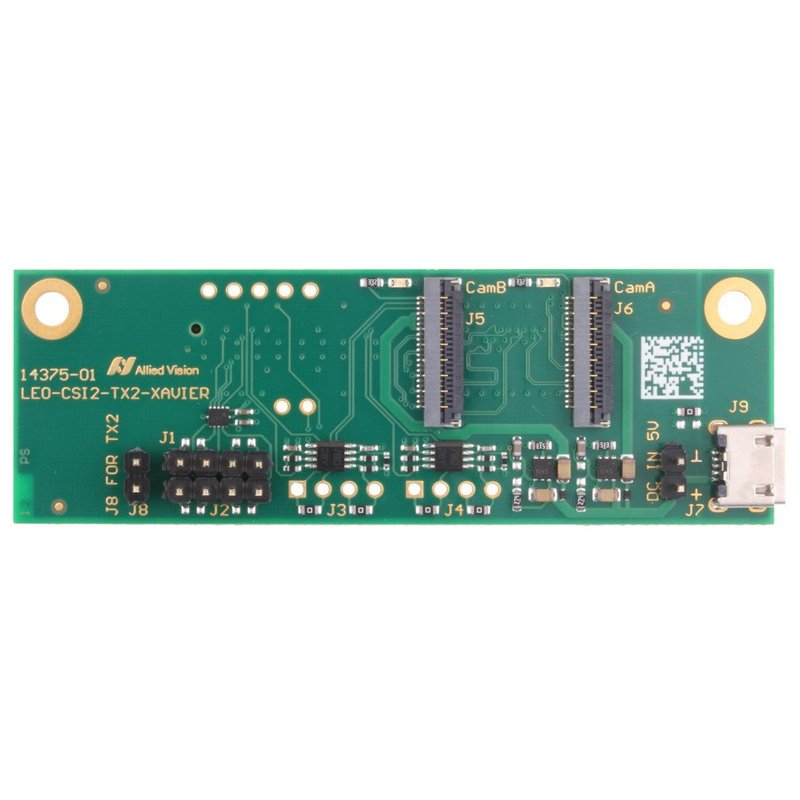
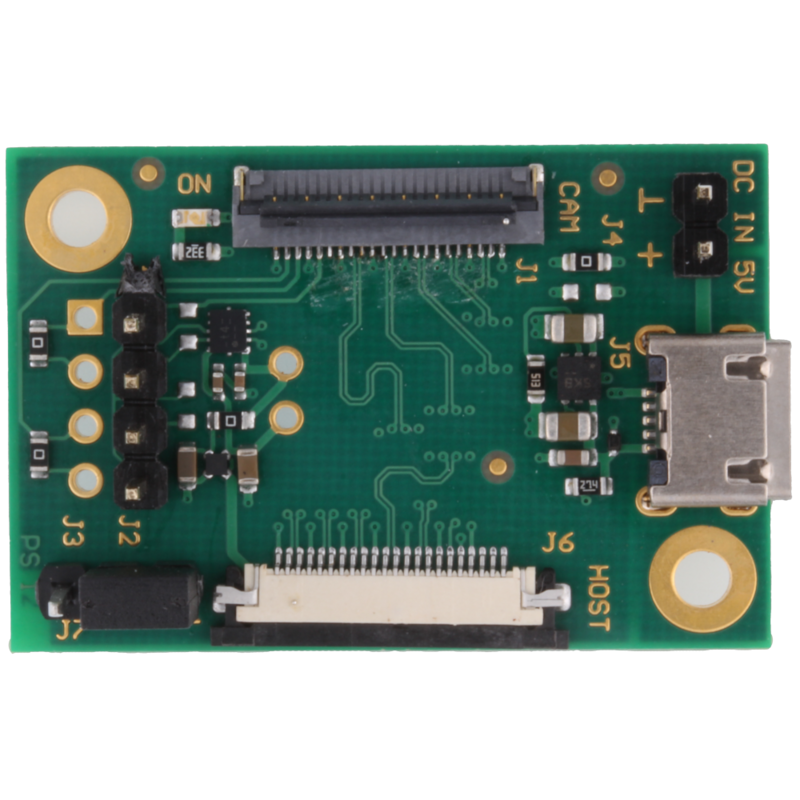
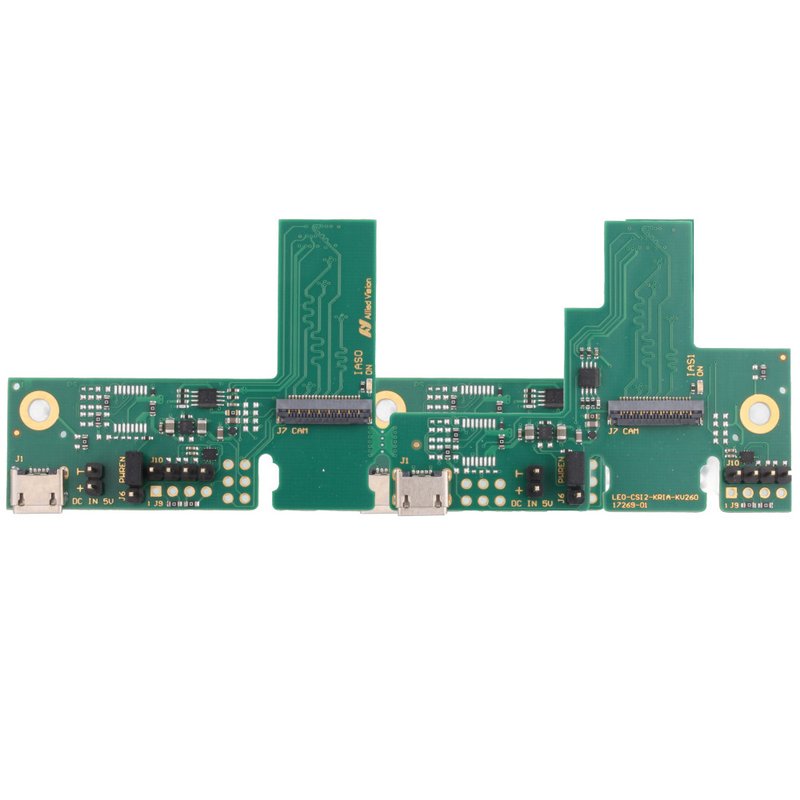
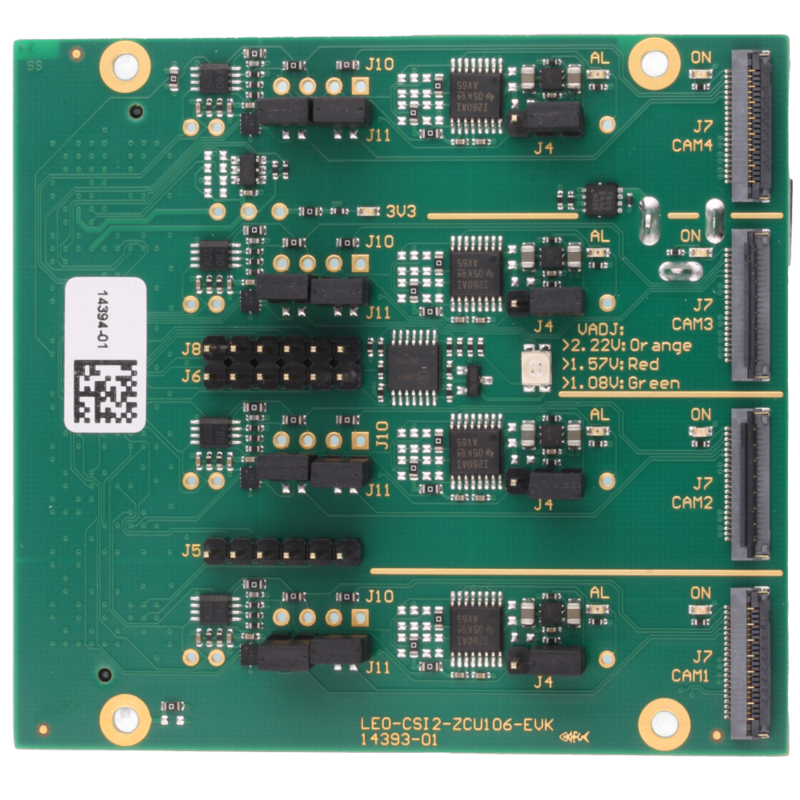
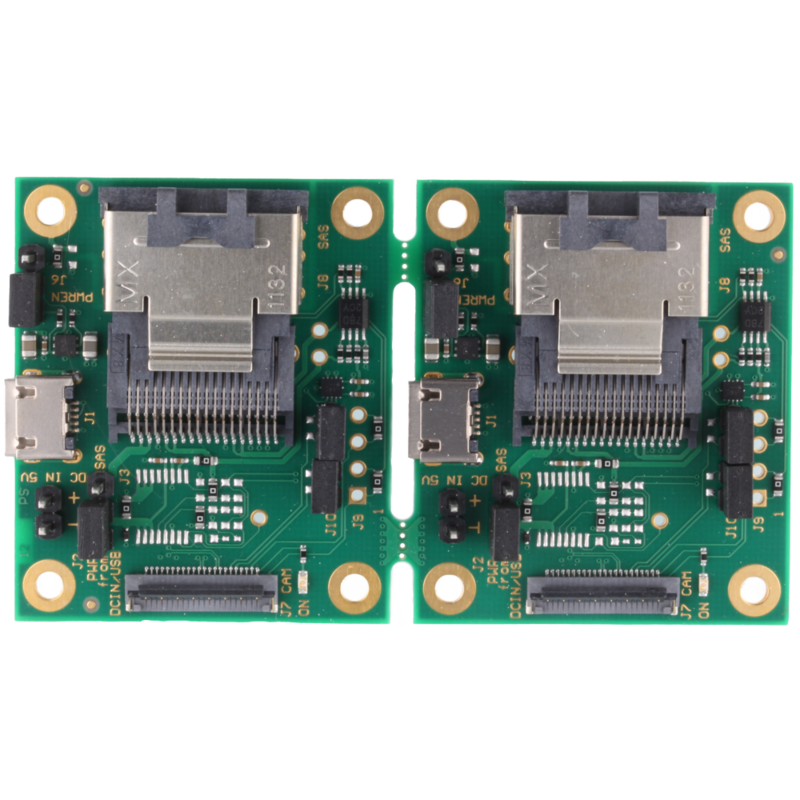
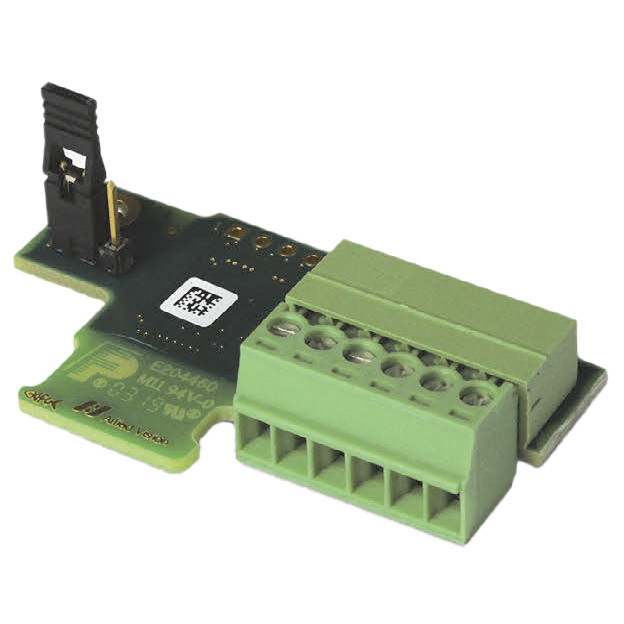
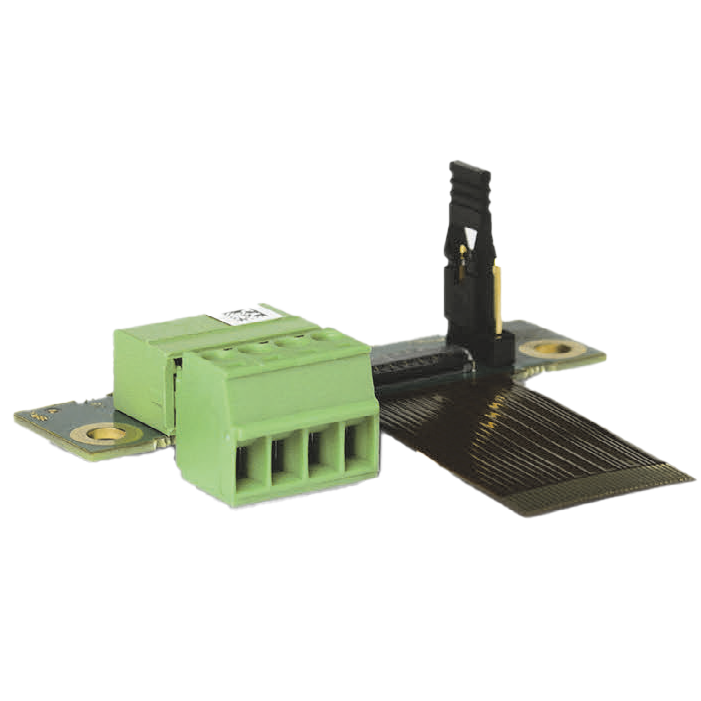
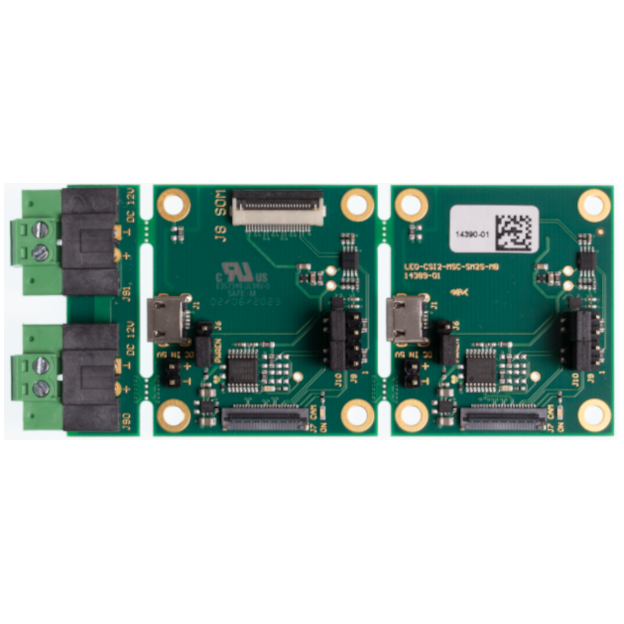
Allied Vision has developed adapter boards for Alvium CSI-2 cameras to connect to various embedded boards. The adapter boards allow to convert the CSI-2 connector pinout on the embedded boards to the pinout of the Alvium CSI-2 camera. Depending on the design of the adapter one or more cameras can be connected.
Available adapter boards are:
- Adapter Board for NVIDIA Jetson AGX Xavier and TX2
- Adapter Board for NVIDIA Jetson AGX Orin/Xavier and TX2
- Adapter Board for NXP i.MX 8M Plus Eval Kit
- Adapter Board for AMD Xilinx ZCU106 Evaluation Kit
- Adapter Board for AMD Xilinx Kria KV260 Vision AI Starter Kit
- Adapter Boards for Nitrogen6_MAX and Wandboard i.MX6
- Adapter Board for Toradex Ixora Carrier Board
- Adapter Board for Avnet MSC SM2S-MB-EP5
Together with the adapter boards Allied Vision is offering MIPI CSI-2 drivers supporting all current and future Alvium camera modules with MIPI CSI-2 interface, no matter which sensor the camera module uses.
The one common CSI-2 driver for NVIDIA’s Jetson SoMs is available on Github.
The latest version of the Allied Vision Software Development Kit Vimba X includes an Alvium CSI-2 driver for NXP i.MX8M Plus, Alvium CSI-2 driver for XILINX KRIA KV260 as well as a CSI-2 driver for XILINX ZYNQ ZCU106.
Further CSI-2 drivers for Alvium cameras on NXP-based ARM boards can be found on our website.
The right accessories for every application
The Alvium 1800 C camera series can be equipped with several accessories. Click the button below to see compatible lenses, interface and I/O connections, and tripod adapters.
- FPC cables: Cables from 120 to 420 mm
- Interface connections: Adapter boards for various embedded boards
- Lenses: Over 200 C-Mount and S-Mount lenses
- Tripod adapters: Adapts between metric and imperial thread
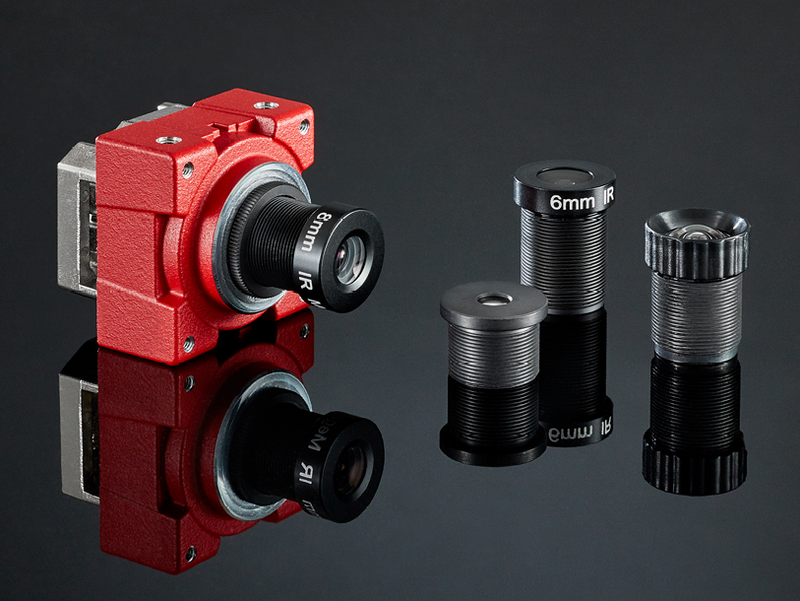
Perfectly connected – thanks to powerful software
To operate Alvium 1800 C cameras on your vision system, Allied Vision provides different access modes:
- GenICam for CSI-2 Access
controls the camera by GenICam features, using the Alvium CSI-2 driver and CSI-2 transport layer (TL) directly.
Open-source CSI-2 drivers are available on GitHub for different boards and system on chips (SoCs).
Download sources from Github
The GenICam for CSI-2 Access has been validated so far for NVIDIA Jetson AGX Xavier and Xavier NX (Nano and TX2 NX Beta available).
The Vimba SDK X, including CSI-2 TL, is available for download.
- Direct Register Access (DRA)
to control the cameras via registers for advanced users.
Learn about Alvium control registers
- Video4Linux2 Access
allows to control the cameras via:
- V4L2 API
- Allied Vision V4L2 Viewer
- Frameworks like GStreamer and OpenCV
Open-source CSI-2 drivers are available on GitHub for different boards and system on chips (SoCs).
